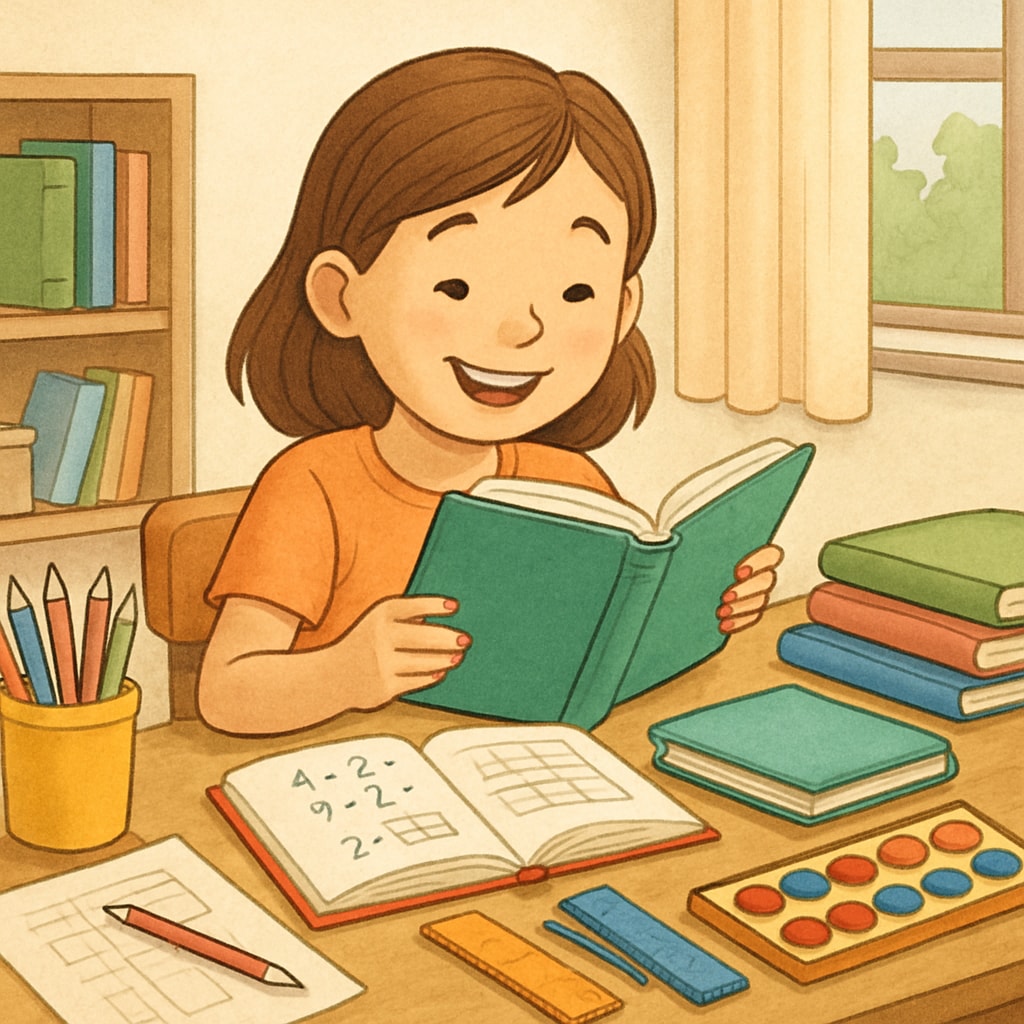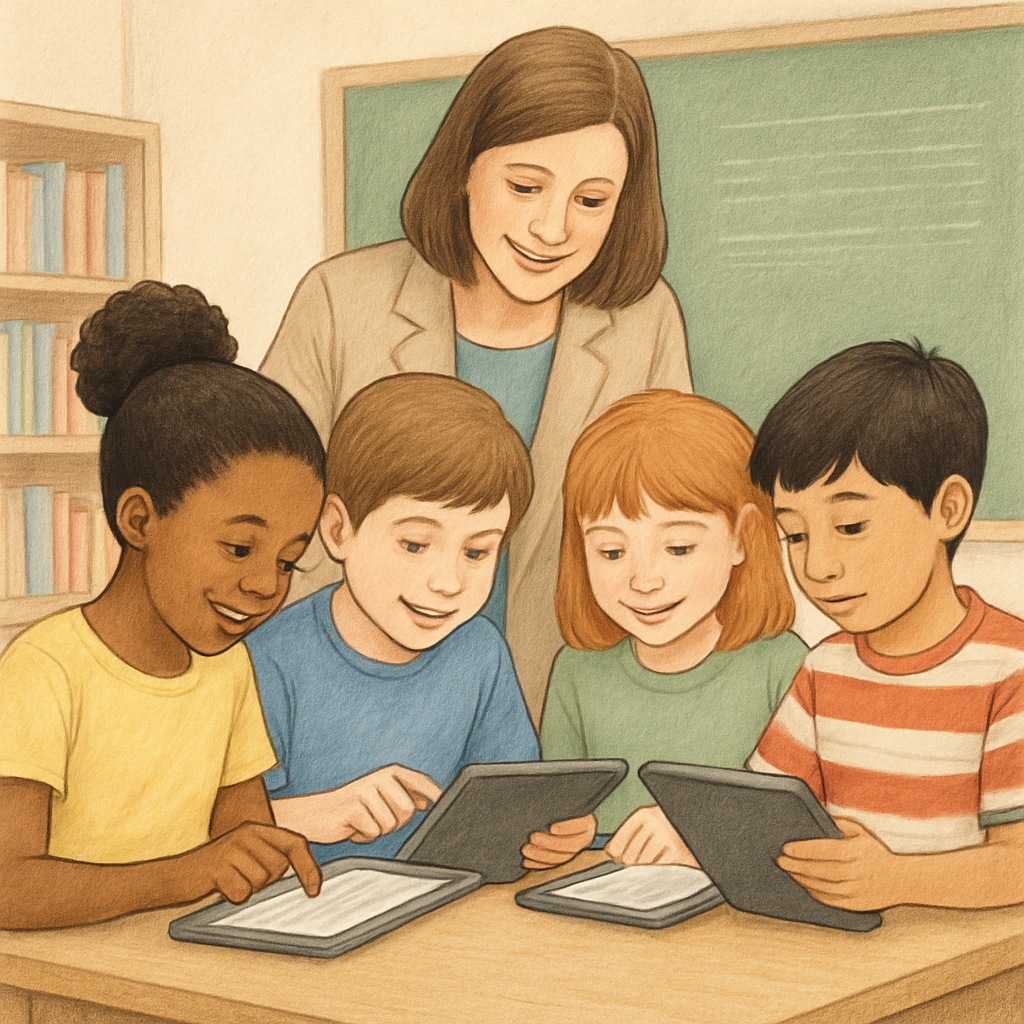In the world of elementary education, tools like Accelerated Reader (A.R.) points have long been the standard for tracking reading progress. While effective in some ways, relying solely on this system can sometimes lead students to focus more on accumulating points rather than truly understanding and enjoying the material. For parents and educators seeking alternatives, there are a variety of free resources available to help students improve their reading comprehension while fostering a genuine love for literature.

Why Move Beyond A.R. Points?
Accelerated Reader (A.R.) programs are widely used to encourage reading and comprehension through a point-based system. However, this approach often prioritizes quantity over quality, with students choosing books simply to earn points rather than exploring meaningful stories or challenging themselves with complex texts. For educators and parents looking to inspire lifelong readers, free resources can offer a more balanced approach that focuses on critical thinking, vocabulary building, and engagement.
Additionally, free resources often come with multimedia elements, interactive activities, and diverse book options that cater to various interests and learning styles. This flexibility can be particularly important for students who struggle with traditional methods.
Top Free Alternatives to Enhance Reading Comprehension
Here are some excellent free resources that parents and teachers can use to supplement or replace A.R. systems:
- ReadTheory: This platform offers personalized reading comprehension exercises for all levels. Students can read passages and answer questions tailored to their abilities, with immediate feedback provided. Learn more about ReadTheory.
- CommonLit: A nonprofit platform providing free access to high-quality reading passages for grades 3–12. It includes assessment questions and discussion prompts designed to improve critical thinking. Explore CommonLit here.
- Project Gutenberg: This digital library offers thousands of free eBooks, including classic literature. Parents and educators can use these texts for guided reading sessions and comprehension activities. Visit Project Gutenberg.
- Epic! (Free for educators): While it’s a paid service for families, Epic! offers free access to an extensive collection of eBooks and audiobooks for teachers to use in the classroom.

Practical Tips for Using Free Resources
Whether you’re a teacher or a parent, integrating free reading comprehension tools into a child’s routine requires thoughtful planning. Here are some tips to get started:
- Set Goals: Establish clear reading objectives, such as mastering specific vocabulary, understanding plot structures, or exploring new genres.
- Make It Interactive: Combine reading with activities like drawing, storytelling, or acting out scenes to deepen comprehension.
- Track Progress: Many platforms provide built-in analytics to help monitor student improvement. Use these tools to celebrate milestones and adapt strategies as needed.
- Encourage Choice: Allow students to select books that interest them rather than assigning materials solely based on difficulty level.
Fostering a Love for Reading Beyond Tests
Ultimately, the goal of any reading program should be to inspire curiosity and joy in students. Free resources offer an opportunity to move away from test-driven systems like A.R. points and instead focus on nurturing intrinsic motivation. Teachers can use creative methods to integrate these tools into their curriculum, while parents can create a reading-friendly environment at home.
For example, setting up a cozy reading nook or organizing a family book club can make reading a fun and shared experience. When children see reading as an enjoyable activity rather than a task to complete, they are more likely to develop lifelong habits.
By leveraging free alternatives such as ReadTheory and CommonLit, educators and parents can ensure that students not only improve their reading comprehension but also cultivate a genuine passion for literature.
Conclusion: While Accelerated Reader points have their place in elementary education, free resources provide a more holistic and engaging way to develop reading skills. With platforms like ReadTheory, Project Gutenberg, and CommonLit, educators and parents can create a rich, diverse reading experience that prioritizes understanding and joy over competition. Start exploring these tools today to help young learners thrive!


